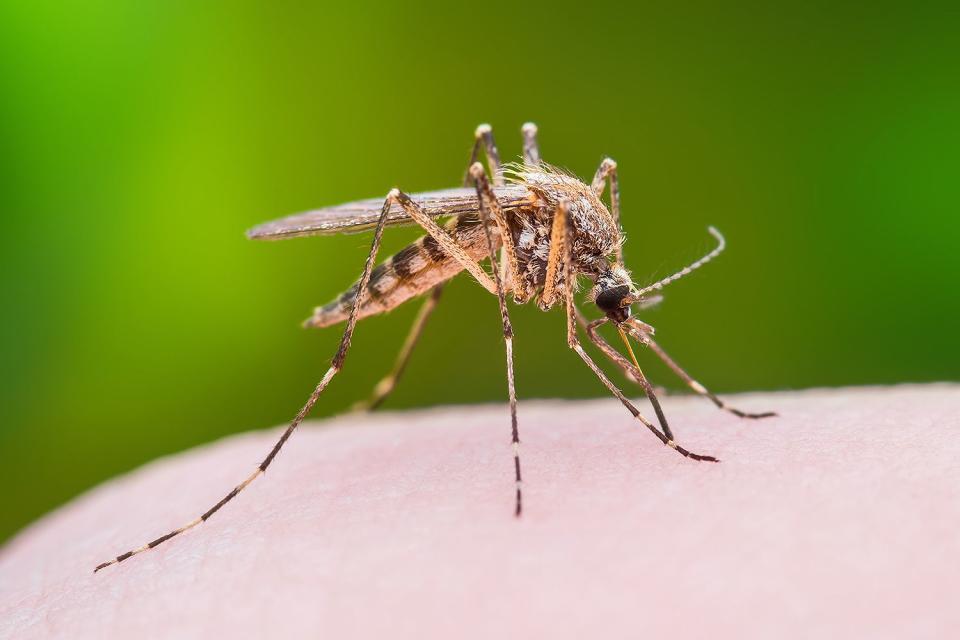Human Case of Rare Mosquito-Borne Encephalitis Virus Confirmed in Southern California
On Nov. 9, the Long Beach Department of Health and Human Services in California confirmed the first case of St. Louis Encephalitis since 1984

Getty
Stock image of mosquitoOn Thursday, the Long Beach Department of Health and Human Services in California confirmed the first case of a human contracting St. Louis Encephalitis since 1984.
St. Louis Encephalitis (SLEV) is a a viral disease spread to people through the bites of infected culex mosquitoes. According to the Center for Disease Control most people infected with SLEV do not have symptoms. People that develop symptoms may experience fever, headache, nausea, vomiting and tiredness.
A press release from the department's health officials stated that the person who was infected was hospitalized, but is now recovering at home. At the moment, no other cases have been identified.
"We are working diligently with healthcare providers to educate the community to prevent more cases of SLEV,” Rex Richardson, the mayor of Long Beach said in the statement. “Mosquito control is a shared responsibility and residents must take an active role in reducing the threat of mosquito-borne illnesses in their neighborhoods.”
Related: Woman Left Unable to Walk After Mosquito Bite Led to West Nile Virus
As of November 2023, 12 other cases of SLE have been confirmed throughout the state of California. Mosquitos that transmit the virus are most active at dusk and dawn, the press release also adds.
The health department is continuing to work with officials to monitor the situation. At the moment, no mosquito samples have tested positive for SLEV.
“The first confirmation of SLEV in Long Beach should serve as a reminder that we need to protect ourselves against mosquitoes,” Anissa Davis, a health officer, said to the East Bay Times. “The Health Department encourages everyone to continue reporting issues regarding mosquito control in their area.”
For more People news, make sure to sign up for our newsletter!
Read the original article on People.


